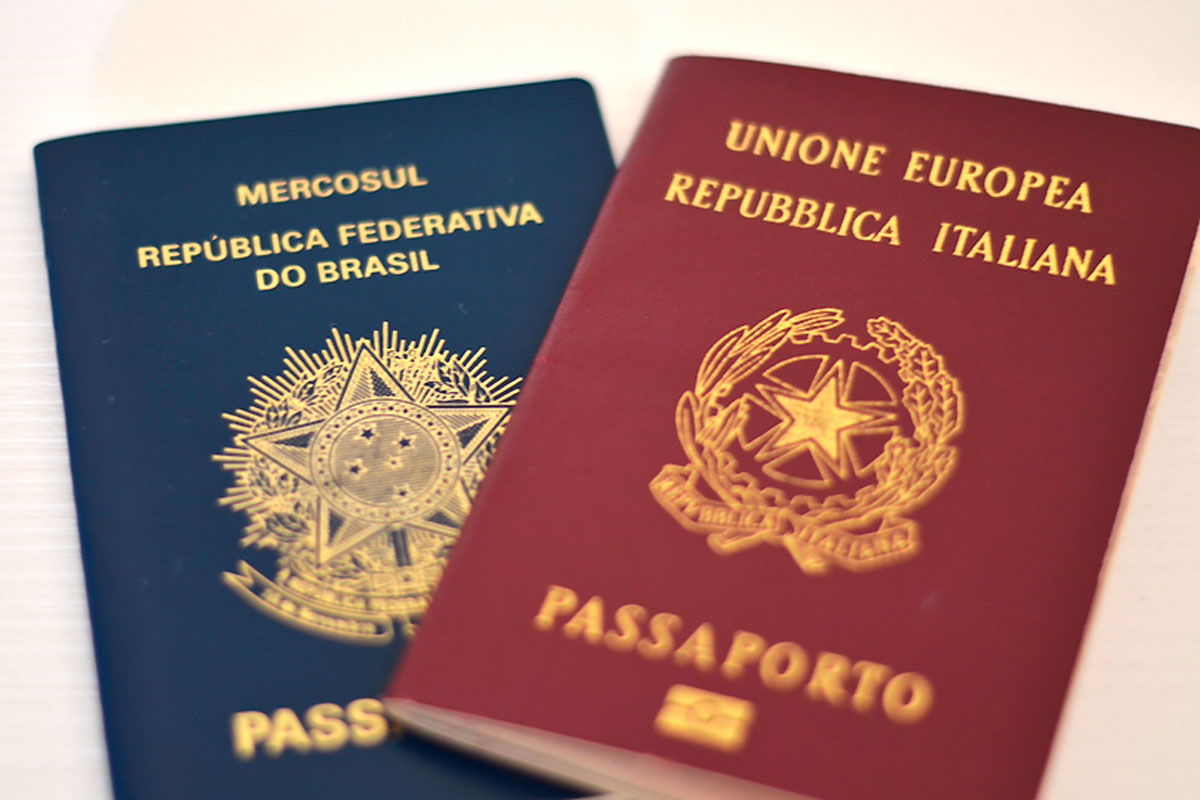RIO DE JANEIRO, BRAZIL – The Brazilian Consulate General in Milan has released a booklet to guide people wanting to travel to Italy to get dual citizenship.
The document was developed in partnership with the Italian-Brazilian cultural association Amazonas and is a guidebook to help Brazilians prevent any problems with the Italian authorities when seeking to have their citizenship officially acknowledged.

In recent years, the Italian police have initiated a series of operations against irregularities in jus sanguinis (blood law) citizenship cases.
In February 2018, the municipality of Ospedaletto Lodigiano, in Lombardy, canceled the citizenship of over a thousand Brazilians who did not meet the requirements.
The booklet published by the Brazilian Consulate in Milan provides general information on the citizenship acknowledgment procedure, such as who is eligible, how the system works and which documents are required.
It further explains how to prevent documentation issues, such as ensuring that all papers submitted are “true”. “The fabrication or use of a forged document is a crime of document fraud, punishable by imprisonment of up to two years,” it cautions.
The booklet further explains what Italian law defines as “residence”, one of the crucial points for obtaining citizenship. In many cases, the individual remains for only as long as necessary for a visit by the city police (“guardia”) and returns to Brazil to wait for the completion of the procedure at home.

“The residence, according to Italian law, is the place where the person has a permanent habitual dwelling. It must be a single place for voter registration and all other rights and duties that fall to residents in Italy,” reads the Consulate’s booklet.
Next, the document cautions: “Declaring legal residence in an address where one does not effectively live is a crime of misrepresentation to a civil servant, with a penalty of one to six years of imprisonment, in addition to invalidating the acknowledgment of citizenship, even in the case of completed proceedings.”
Moving back to Brazil may only occur after the procedure is completed.
The Consulate in Milan also recommends “caution” in hiring intermediaries and advisors, seeking only professionals with tax registration and to always distrust any exorbitant fees.
“Under normal circumstances, the time limit for completion of proceedings cannot be guaranteed. If the mediator guarantees speed in obtaining citizenship, be suspicious. You may get thwarted or, at worst, be involved in illegal practices,” states the document.

